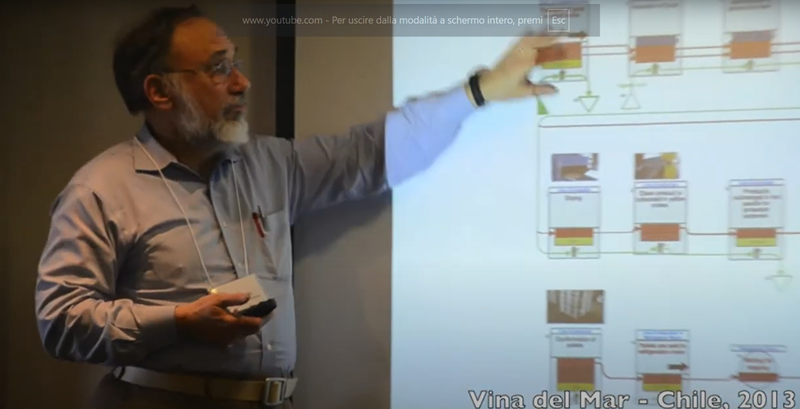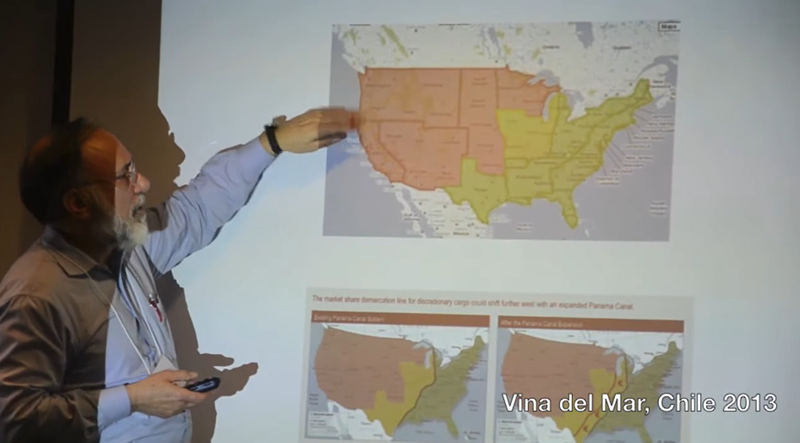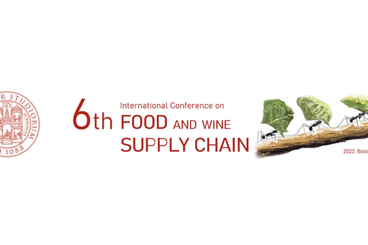
Food and Wine Supply Chain Conference
Conference aim: Holistic design of sustainable food systems, linking all stages and disciplines, to meet SDGs on climate, energy, environment, and affordable food.
Articles Collections
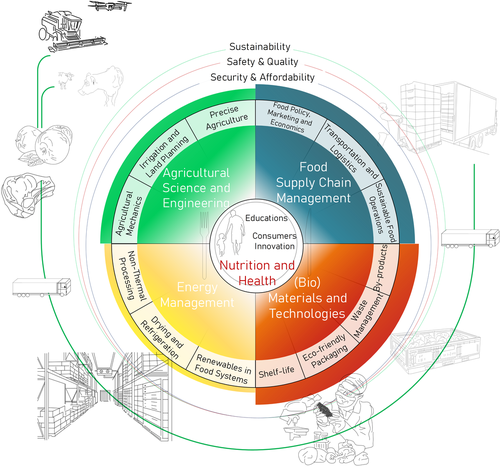
6th International Conference on Food and Wine Supply Chain - ITALY
The 6th International Conference on Food and Wine Supply Chain addresses the topic of design and planning of sustainable food supply chains from a multidisciplinary and systemic food ecosystem perspective involving all stages from growers to consumers. It aims to better understand food ecosystems according to a holistic approach, by highlighing the horizontal connections among the supply chain stages and the associated interdisciplinary fields of research. Interactions between the food ecosystems and Sustainable Development Goals (SDGs) like providing affordable food, mitigating climate change, greening the sector, saving energy and preserving the environment will be central.
Within such a complex and boundless ecosystem, quantitative models and methods intended towards designing, prototyping, engineering and monitoring of novel food products and processes, developing designer foods, eco-friendly food package, as well as adopting sustainable harvesting and farming, processing, storage and distribution technologies and strategies are vital in order to address to the threefold pillar of sustainability (i.e. environmental, social and economic).
The Conference builds upon the state-of-the-art of the interdisciplinary literature on food ecosystem, and addresses the trade-offs and synergies underlying the design, planning, management and optimisation of food industries and systems.
Contributions which bridge disciplines (i.e. Industrial Systems Engineering, Food Science, Packaging Science, Decision Science, Logistics and Facility Management, Supply Chain Management, Agricultural Science and Land-use Planning, Energy Engineering) and foster collaborations for decision-making between different stages of the food supply chain are particularly encouraged. Furthermore, single discipline or specific studies on food products, processes, and systems, technologies or design/planning methodologies will find room in parallel sessions or as posters.
As the COVID-19 pandemic continues to impact people around the World, the 6th FWSCC’s Committee is glad to announce that a hybrid event will be organized, comprising both an in-person and a virtual Conference. Further communication will be given in a few days.
Conference chairman
Riccardo Accorsi
Leaflet
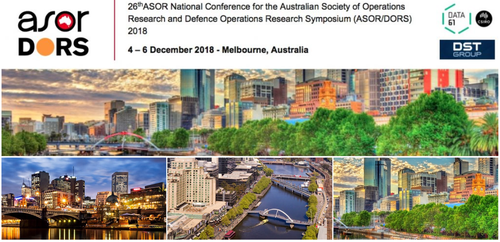
5th International Conference on Food and Wine Supply Chain - AUSTRALIA
The 5th International Workshop on Food Supply Chain (WFSC 2018) was held in September 4th – 6th December in Melbourne, Australia. The workshop was held in conjunction with 26thASOR National Conference for the Australian Society of Operations Research and Defence Operations Research Symposium (ASOR/DORS) 2018.
Motivation
The 26thASOR National Conference for the Australian Society of Operations Research and Defence Operations Research Symposium (ASOR/DORS) 2018 brings together research in optimization, operation planning, informatics, opertations research, defence, simulation and modelling of industrial operations, statistics and big data analytics. Therefore, this conference was identified as the right partner of WFSC 2018 that, in this edition, decided to explore how the use of optimization and simulation technique may be implied to enahnce the overall food and beverage supply chain performace.
➡️ Click for additional info on the conference
Conference chairman
Simon Dunstall
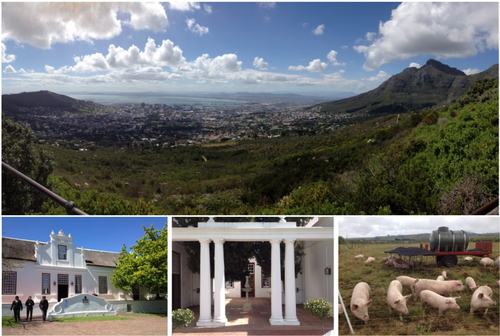
4th International conference on Food and Wine Supply Chain - SOUTH AFRICA
The 4th International Workshop on Food Supply Chain (WFSC 2016) was held in September 11th to 16th in Stellenbosch, South Africa. The workshop was held in conjunction with the South African Operations Research Society’s 45th annual conference (ORSSA 2016).
Motivation
The food supply chain is one of the largest and most complex supply chains in the world. It encompasses everything from producers and shipping companies, to grocers and restaurants. Everyone needs food for survival, and most of us thoroughly enjoy to eat. Thus, it makes sense that the industry would take advantage of the same big data analysis as financial firms and marketing departments to better understand their consumer, increase efficiency and even create new recipes to try. The big question is: Are we doing so? We are looking at how information and big data analysis will impact the food supply chain of the future.
Conference chairman
Esbeth van Dyk
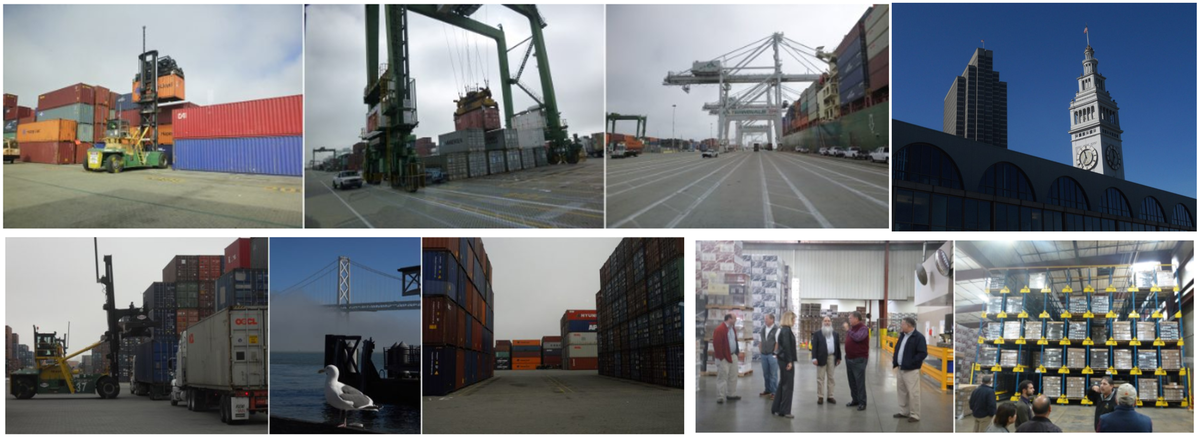
3rd International Conference on Food and Wine Supply Chain - CALIFORNIA
The 3rd International Workshop on Food Supply Chain – WFSC was held on November 4th – 7th, 2014 in San Francisco, CA, USA
Motivation
Traditionally supply chain management has focused on improving responsiveness to consumers while keeping supply chain costs in line. Growing mainstream interest in sustainability has now forced many food suppliers to consider social or environmental impacts. How to provide an ever more diverse array of high quality and safe consumables while balancing the aforementioned often conflicting needs? In this meeting participants will present research that will aid in tackling these challenges
Conference chairman
Susan Cholette
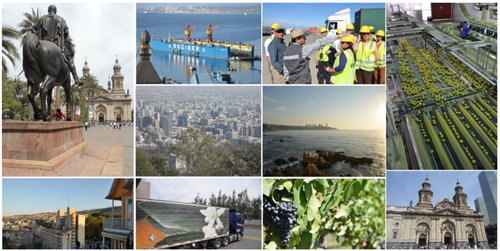
2nd International Conference on Food and Wine Supply Chain - CHILE
The Second International Workshop on Food Supply Chain (WFSC 2013) was held on March 18-21, 2013, in Viña del Mar, Chile.
Motivation
The food supply chain is currently facing many challenges. Food safety is of key importance to maintain the quality of the food, while the increasing competitive puts pressure on reducing, as much as possible,the transportation cost from the producer to the consumer. Furthermore, food supply chains must now be sustainable and reliable. In this meeting the participants presented research on different innovations that will help to tackle these challenges.
Conference chairman
Alejandro F. Mac Cawley
John Bartholdi keynote speech - Part 1 - 2nd FWSCC
John Bartholdi keynote speech - Part 2 - 2nd FWSCC
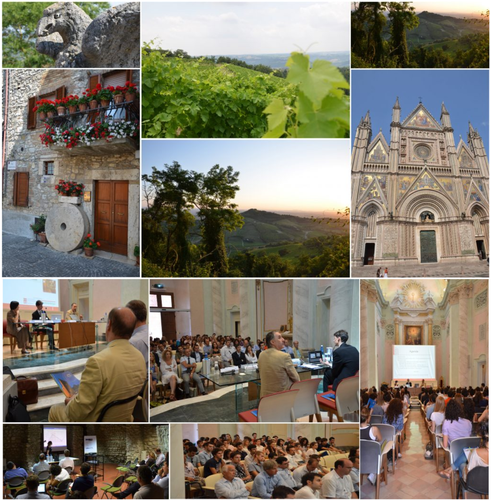
1st International Conference on Food and Wine Supply Chain - ITALY
The first International Workshop on Food Supply Chain – IWFSC was held on June 26 – July 1 , 2011 in Bertinoro (FC) and Orvieto (TR), Italy.
Motivation
This workshop hosted the annual meeting of the International Wine Supply Chain Council. Participants to the workshop were researchers, food producers, logistic providers, food associations and public institutions from different countries such as Australia, Mexico, United States, Italy, etc. During the conference the results of the international project on traceability of food products, “Food Supply Chain – Bologna University” , were illustrated.
The conference belongs to the schedule of the project Food Supply Chain which started in 2010 by the University of Bologna – Department of Industrial Engineering (DIEM) and Food Science – in collaboration with several international research institutions. Aim of the project is to study the challenges arising from the transport of food products in order to protect and enhance the export of local foods, and identify critical issues & new opportunities for the distribution chain.
Conference chairman
Riccardo Manzini
